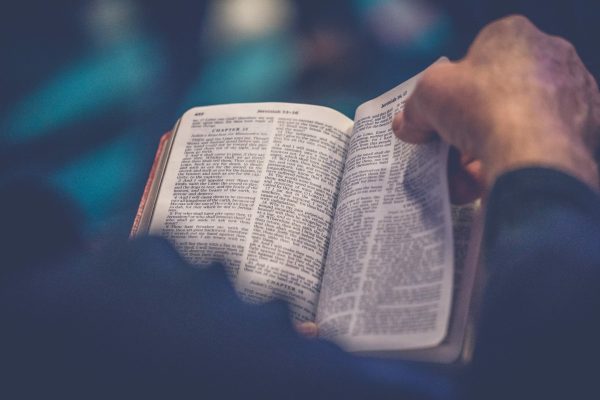God is amazing. No one but deity could put the shadow of future things into the past (Isaiah 46:9-10). The similarities that appear throughout the Bible are examples of God prefiguring the future. Examples of these future/past comparisons can be found in the lives of various Bible people. There’s several of these similarities between King David and King Jesus:
- David was born in Bethlehem Ephrathah (1 Samuel 16:1-4) and Jesus was too (Luke 2:4; cp. Micah 5:2).
- David was a shepherd (1 Samuel 16:11; 17:34) while Jesus was the Good Shepherd (John 10:11).
- David was anointed as king (1 Samuel 16:13) and Jesus was “King of Kings and Lord of Lords” (Revelation 19:16).
- David conquered the giant Goliath (1 Samuel 17:50-51) and Jesus conquered Satan (Colossians 2:15).
- David was a man after God’s heart (1 Samuel 13:14; Acts 13:22) while Jesus always did the will of the Father (John 6:38; 8:29).
- God promised David a dynasty (1 Chronicles 17:1-15) and Jesus established an everlasting kingdom (2 Peter 1:11).
- David’s kingdom was ruled from Jerusalem (2 Samuel 5:6-10) and Jesus’ kingdom was established in Jerusalem (Acts 2:5, 41, 47).
Jesus understood His relationship with David. Jesus referred to him in Mark 2:25-28 in the dispute with the Pharisees. And the Jewish people referred to Him as the “Son of David” multiple times in His ministry (Matthew 9:27; 12:33; 20:31; 21:9). Both Matthew and Luke’s genealogies of Jesus mention David.
The resurrected Jesus occupies the throne of David to this day and rules forever over His great kingdom, which is the church. This was anticipated in prophecy by David himself (cp. 2 Samuel 7:13-14). Peter quotes Psalm 110 in Acts 2:34-36, as follows: “For David did not ascend into the heavens, but he says himself: ‘The Lord said to my Lord, “Sit at My right hand, Till I make Your enemies Your footstool.’” Therefore let all the house of Israel know assuredly that God has made this Jesus, whom you crucified, both Lord and Christ.”
Allen Webster and Luke Griffin


